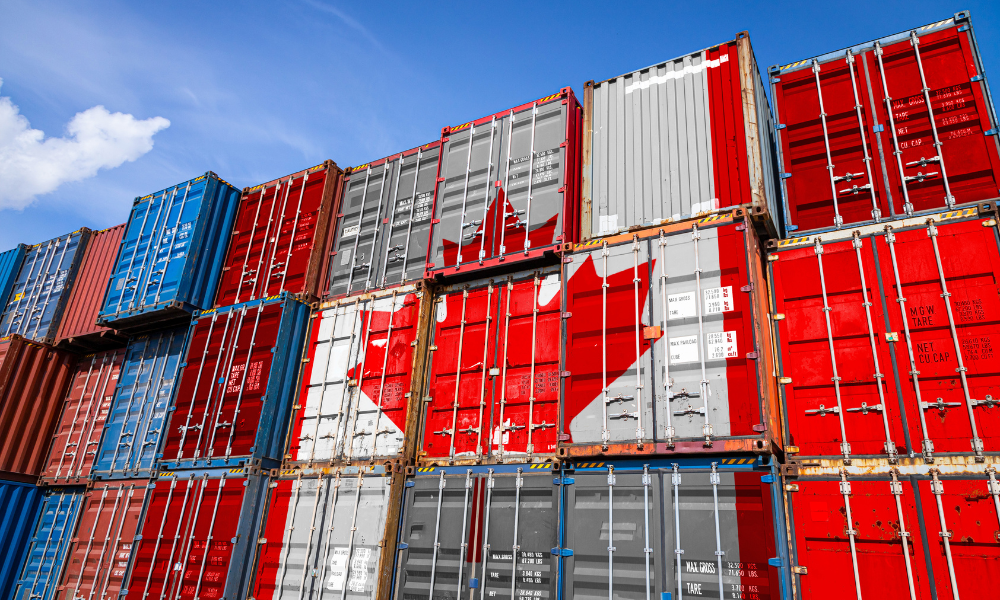Ontario, New Brunswick, and Alberta are three provinces highly vulnerable to the impact of US tariffs, according to the “US Tariff Exposure Index” released by the Canadian Chamber’s Business Data Lab.
Saint John in New Brunswick ranked as the most at-risk city given that it is the base of the Irving Oil Refinery, which processes more than 320,000 barrels of crude oil daily. Eighty percent of this oil is exported to the US. In addition, New Brunswick exports seafood and forestry products to Maine.
Calgary, ranked second, also exports crude oil and natural gas to the midwestern US states like Illinois along with beef. Southwestern Ontario cities Windsor, Kitchener-Cambridge-Waterloo, Brantford, and Guelph are major exporters of automotive and parts to US states like Michigan; meanwhile, Ontario city Hamilton exports steel as a raw material.
Saguenay-Lac-Saint-Jean in Quebec is a significant aluminum producer, 85 percent of which goes to the US.
“The looming tariff threat is still very real: we have to remain vigilant and brace for impact. Already we’ve heard from members across Canada how the threat of tariffs is disrupting local businesses and economies. This new data further emphasizes that this is not a game we want to play when so many livelihoods depend on a stable relationship with the US,” said Candace Laing, Canadian Chamber of Commerce president and CEO, in a statement.
Trump’s executive order has been paused for 30 days; the order intends to impose a 25 percent tariff on non-energy exports from Canada to the US and a 10 percent tariff on Canadian energy exports.
The Canadian Chamber of Commerce’s chief economist, Stephen Tapp, explained that the “US Tariff Exposure Index” would provide businesses and policymakers with evidence to support current discussions regarding Canada’s response to the tariff scheme.
“President Trump’s proposed tariffs will have significant consequences for the global economy – but for some of Canada’s cities, the threat is far more local and personal,” he said.





